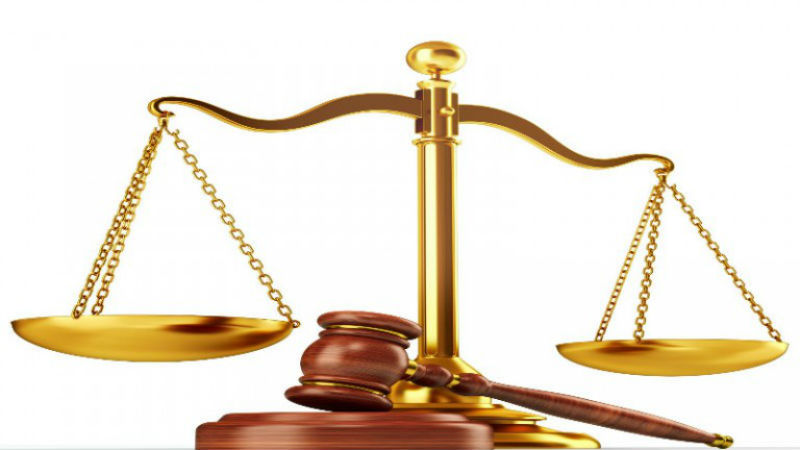There are many ‘bodies’ of law—no pun intended—that cover various areas of discretion. These include civil law and criminal law. Criminal law pertains to the area of law that regulates crime and social conduct. Anything that can be perceived as harmful, threatening or endangering the safety of another human being is viewed as a possible criminal offense.
In most cases an alleged perpetrator can be arrested on ‘suspicion’ of committing a specific crime. Once that perpetrator is in police custody, the police, together with detectives and sometimes other government agencies will conduct an investigation into the crime to gather possible corroborating evidence against the said alleged perpetrator.
How it Works
Meanwhile, the alleged perpetrator will undergo an interview, whereby officers of the law will ask them about their movements at the time of the alleged crime to establish a strong alibi. If the alleged perpetrator’s alibi can be solidly confirmed, the evidence chain tends to collapse and the alleged perpetrator must be released without charge. However, if the alibi cannot be verified, other proceedings then take place. Evidence, such as finger prints, DNA and other clues are examined to put forth a strong enough case to set before the District Attorney or a judge. The alleged perpetrator will then be set a date for a pre-trial, which determines whether he or she will be arraigned to stand trial for the crime. The District Attorney or a judge will examine any corroborating evidence to determine whether the prosecution has strong enough grounds to arraign the alleged perpetrator. If they do see sufficient reason, they may also refuse bail conditions, depending on the seriousness of the crime.
The alleged perpetrator always has the right to legal counsel, if they choose to agree to it. The defense counsel, if appointed, will start building the defense case for the alleged perpetrator in an attempt to discredit the prosecution’s evidence. A criminal lawyer in Pottstown PA will have the same set of rules to follow as any criminal lawyer in any other city. The State Bar Association determines the rules, and the lawyer must follow that code of practice to offer their client the best defense possible. If a trial date is set the defense must compile their case in plenty of time to extend any courtesies to the prosecution, and vice versa. Either side is allowed to view evidence held by either party at any time prior to trial.
David T. Schnarrs, Attorney at Law can answer all your criminal law questions, if you need help with a criminal case in Pottstown PA.

